US senators returned to work over the weekend for the first time since the government shutdown began more than a month ago, attempting to reach a bipartisan solution as federal workers remain unpaid, airlines cancel flights and millions of Americans face delays in SNAP benefits.
As Saturday’s session got underway, it was unclear whether Democrats and Republicans could break the 39-day impasse. President Donald Trump signalled little willingness to compromise, criticising the Affordable Care Act tax credits on social media as “the worst Healthcare anywhere in the world” and suggesting that Congress send funds directly to individuals for insurance.
Meanwhile, Senate Republican leaders indicated potential support for a proposal from a small group of moderate Democrats to end the shutdown in exchange for a later vote on the ACA subsidies.
Sen. Jeanne Shaheen, D-N.H., who is leading the talks among moderates, said Friday evening that Democrats “need another path forward” after Republicans rejected an offer from Democratic leader Chuck Schumer of New York to reopen the government and extend the subsidies for a year. “We’re working on it,” she said.
Shaheen and others, negotiating among themselves and with some rank-and-file Republicans, have been discussing bills that would pay for parts of government — food aid, veterans programs and the legislative branch, among other things — and extend funding for everything else until December or January. The agreement would only come with the promise of a future health care vote, rather than a guarantee of extended subsidies.
It was unclear whether enough Democrats would support such a plan. Even with a deal, Trump appears unlikely to support an extension of the health benefits. House Speaker Mike Johnson, R-La., also said this week that he would not commit to a health vote.
Quick Reads
View AllRepublican leaders only need five additional votes to fund the government, and the group involved in the talks has ranged from 10 to 12 Democratic senators.
Some Republicans have said they are open to extending the COVID-19-era tax credits as premiums could skyrocket for millions of people, but they want new limits on who can receive the subsidies.
“We have had really good discussions with a lot of the Democrats,” said Sen. Mike Rounds, R-S.D.
Trump wants Republicans to end the shutdown quickly and scrap the filibuster, which requires 60 Senate votes for most legislation, so they can bypass Democrats altogether. Vice President JD Vance, a former Ohio senator, endorsed the idea in an online post Saturday, saying Republicans who want to keep the filibuster are “wrong.”
Republicans have rejected Trump’s call, and Senate Majority Leader John Thune, R-S.D., is eyeing a bipartisan package that mirrors the proposal the moderate Democrats have been sketching out. What Thune, who has refused to negotiate, might promise on health care is unknown.
The package would replace the House-passed legislation that the Democrats have rejected 14 times since the shutdown began Oct. 1. The current bill would only extend government funding until Nov. 21.
A test vote on new legislation could come in the next few days if Thune decides to move forward.
Then Democrats would have a crucial choice: Keep fighting for a meaningful deal on extending the subsidies that expire in January, while prolonging the pain of the shutdown? Or vote to reopen the government and hope for the best as Republicans promise an eventual health care vote, but not a guaranteed outcome.
After a caucus meeting Thursday, most Democrats suggested they would continue to hold out for Trump and Republican leaders to agree to negotiations.
Sen. Brian Schatz, D-Hawaii, said Democrats are “obviously not unanimous” but “without something on health care, the vote is very unlikely to succeed.”
Vermont Sen. Bernie Sanders, an independent who caucuses with the Democrats, said they need to stand strong after overwhelming Democratic victories on Election Day and demand an extension of the subsidies.
The longest federal government shutdown in US history is causing widespread disruption across the country, leaving millions of Americans facing uncertainty and raising fears of an economic slowdown.
Travelers were particularly affected, with over a thousand flights cancelled on Friday and thousands more delayed. Individuals relying on food stamps remained in limbo as the Trump administration continued legal battles to avoid issuing full benefits for November. Meanwhile, unpaid federal workers reported mounting bills and dwindling options after going weeks without pay.
With inputs from agencies


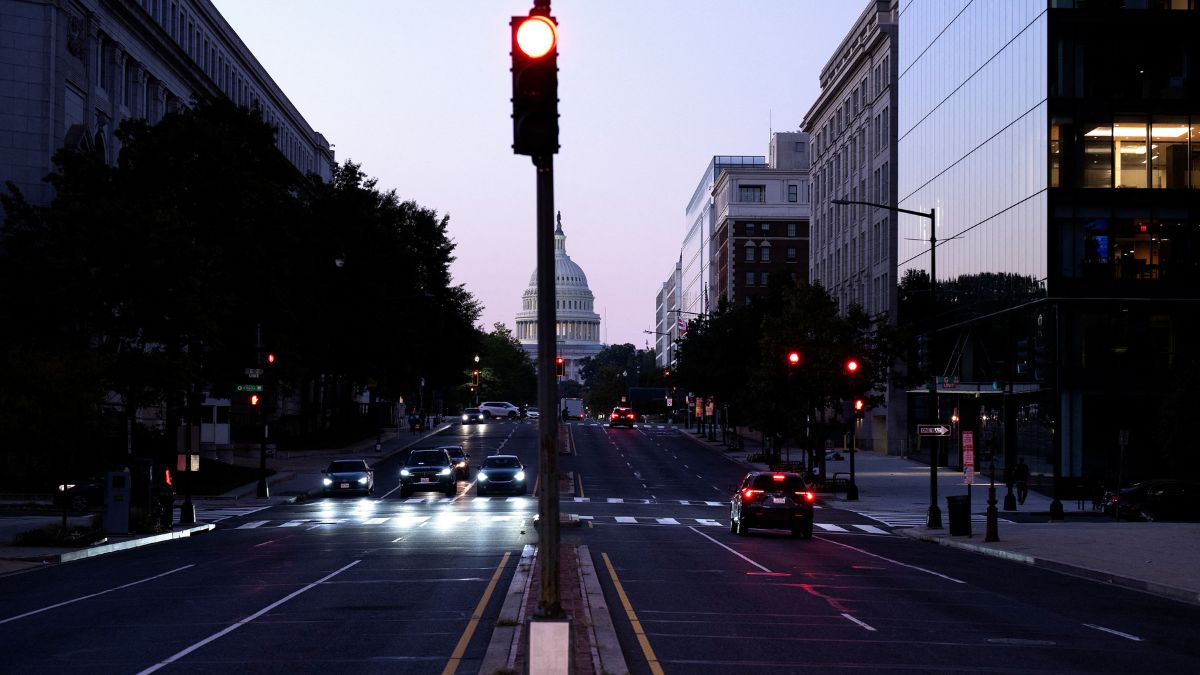)
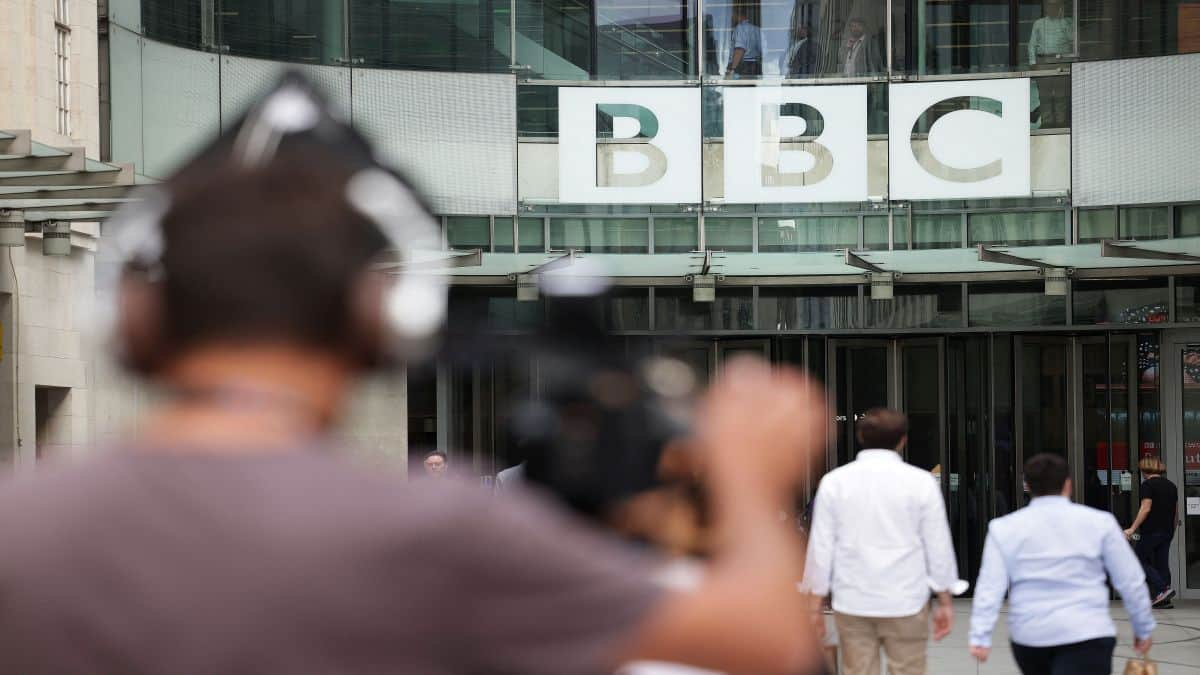
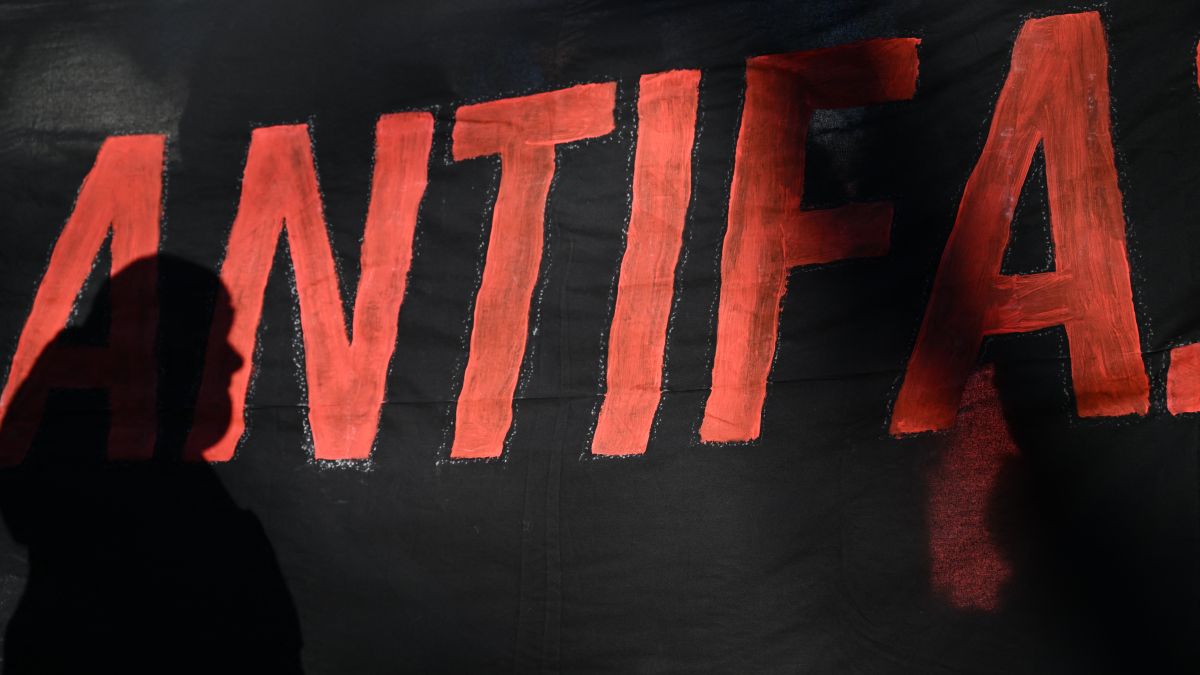)
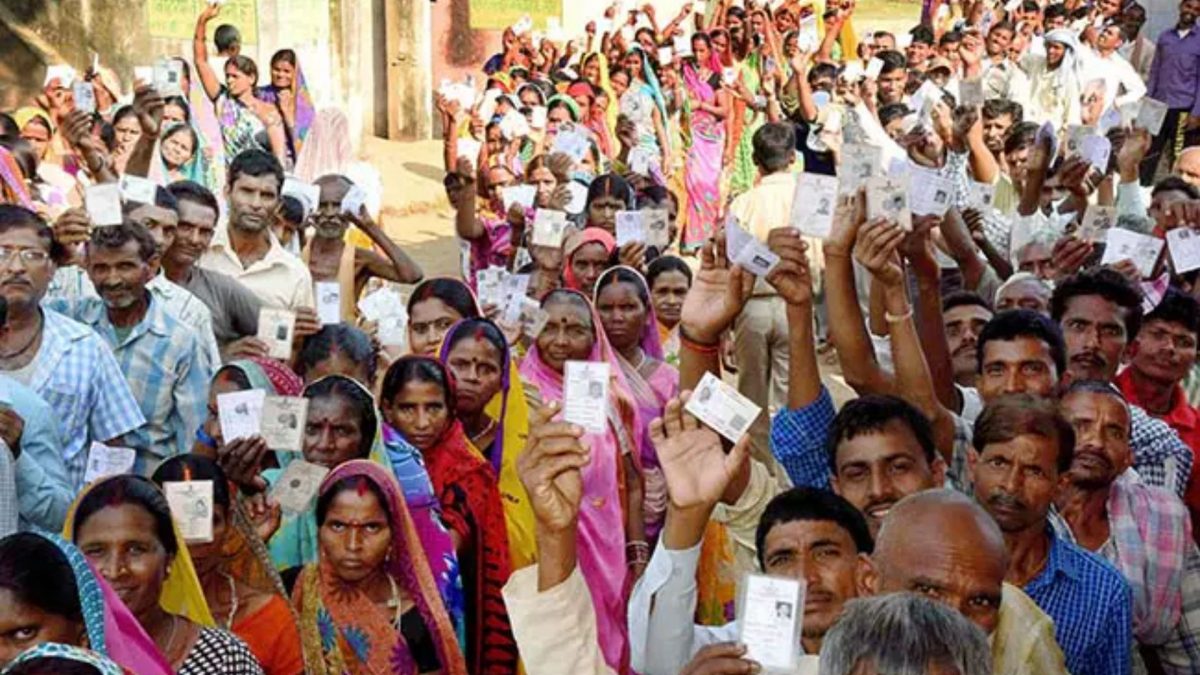)
)
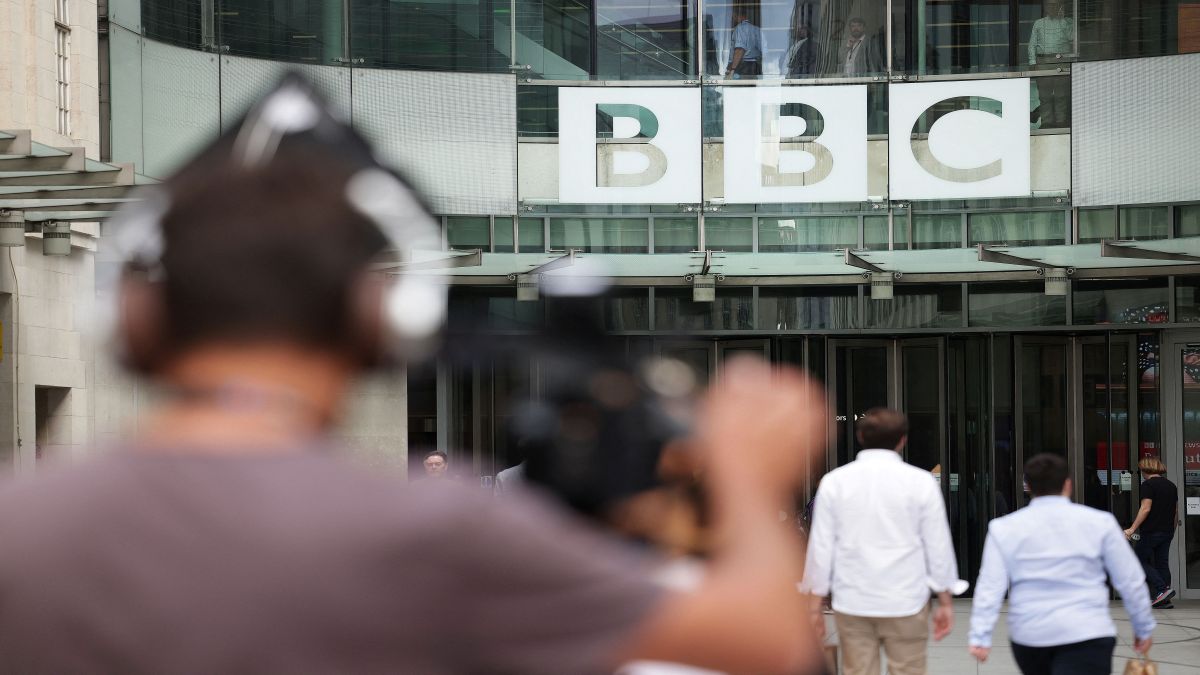)
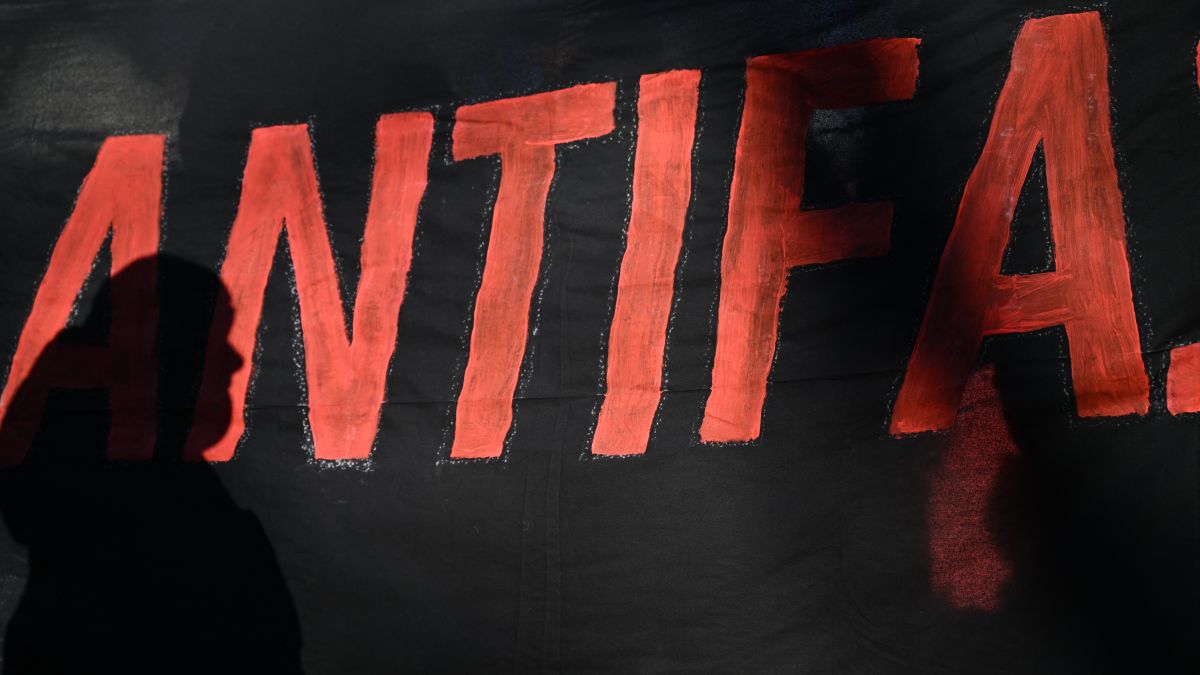)
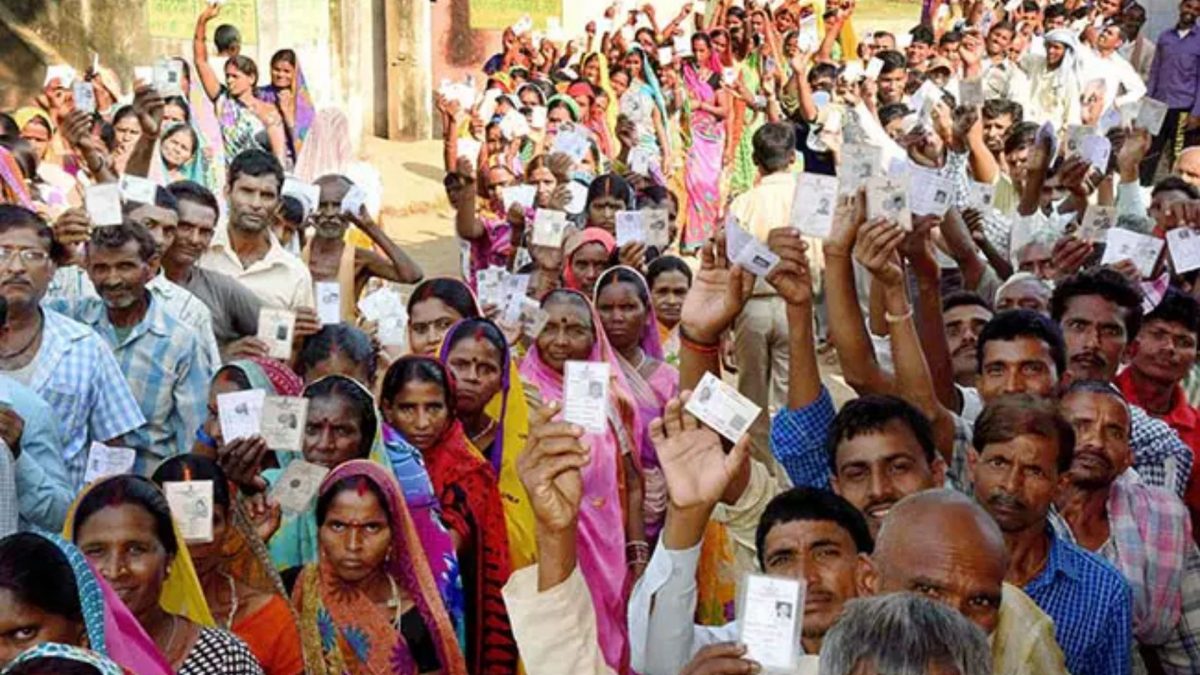)
)
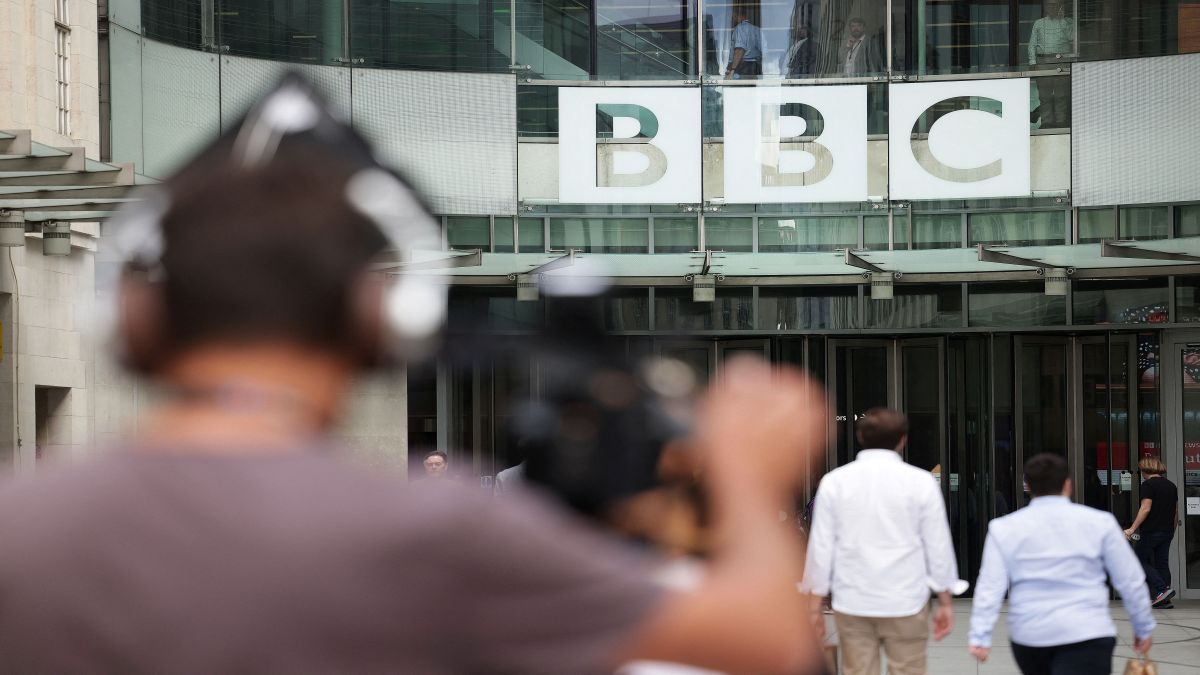)



